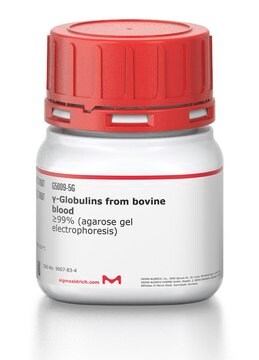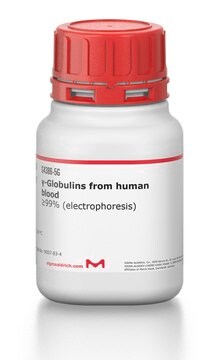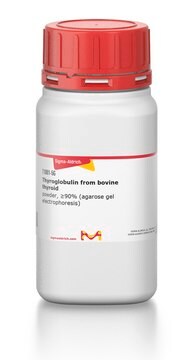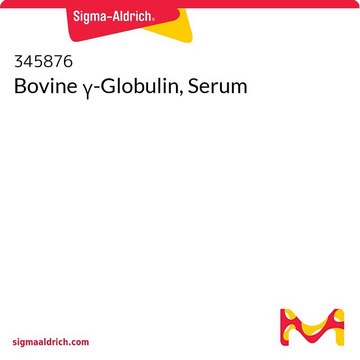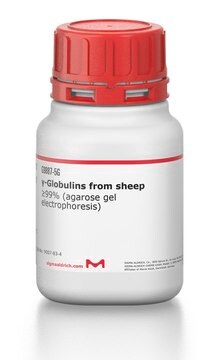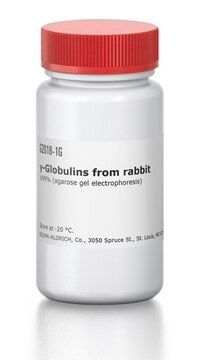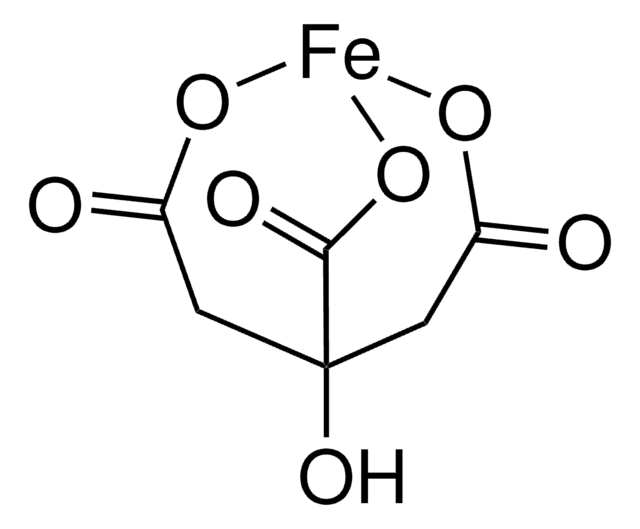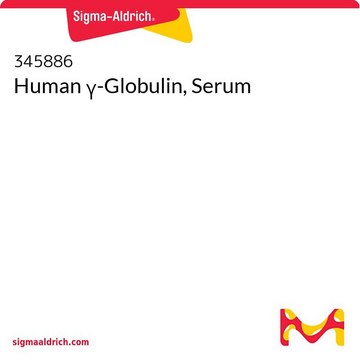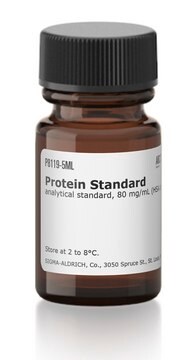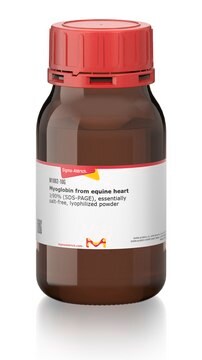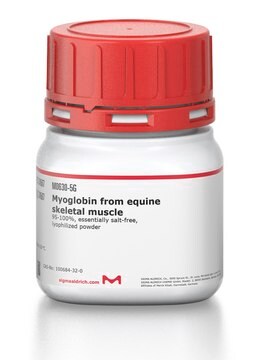SRE0011
γ-Globulines from bovine blood
Suitable for manufacturing of diagnostic kits and reagents, ≥99% (agarose gel electrophoresis)
Synonyme(s) :
γ-globuline bovine
About This Item
Produits recommandés
Niveau de qualité
Pureté
≥99% (agarose gel electrophoresis)
Forme
powder
Composition
NaCl, ≤4%
Application(s)
diagnostic assay manufacturing
Conditions d'expédition
wet ice
Température de stockage
−20°C
Vous recherchez des produits similaires ? Visite Guide de comparaison des produits
Description générale
Application
Actions biochimiques/physiologiques
Notes préparatoires
Code de la classe de stockage
11 - Combustible Solids
Classe de danger pour l'eau (WGK)
WGK 3
Point d'éclair (°F)
Not applicable
Point d'éclair (°C)
Not applicable
Certificats d'analyse (COA)
Recherchez un Certificats d'analyse (COA) en saisissant le numéro de lot du produit. Les numéros de lot figurent sur l'étiquette du produit après les mots "Lot" ou "Batch".
Déjà en possession de ce produit ?
Retrouvez la documentation relative aux produits que vous avez récemment achetés dans la Bibliothèque de documents.
Les clients ont également consulté
Notre équipe de scientifiques dispose d'une expérience dans tous les secteurs de la recherche, notamment en sciences de la vie, science des matériaux, synthèse chimique, chromatographie, analyse et dans de nombreux autres domaines..
Contacter notre Service technique